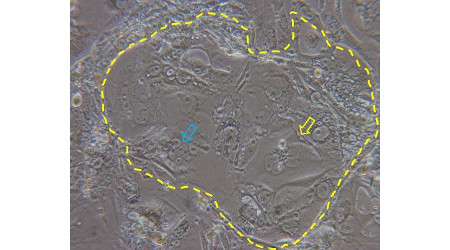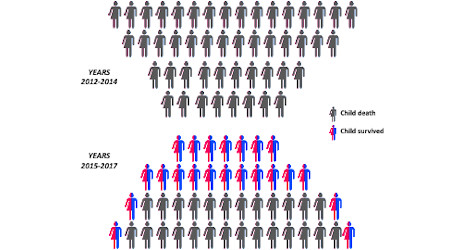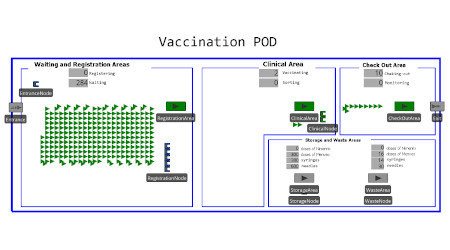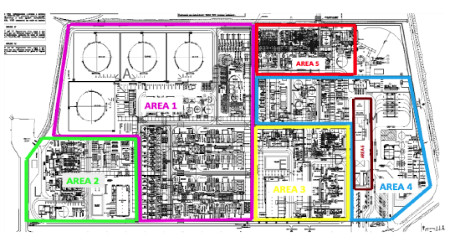Legionella colonization in hot water systems belongs to a great number of factors, while the prevention of infection cases is based, above all, on the correct management of water systems, which includes several continuous disinfection and acute decontamination systems. The aim of our study was to establish Legionella prevalence and load in different types of structures and evaluate the effectiveness of the decontamination treatments most frequently carried on in our territory.
We collected hot water samples from the distal points of sports centers, tourist accommodation facilities, retirement homes and group homes. All water samples were tested by culture method for the presence of Legionella, and species and serogroup identification were carried out through Latex test and PCR. For each water sample we determined also the Heterotrophic Plate Count (HPC) at 22 °C and 37 °C. Statistics were performed through STATA.
Legionella was found in 26% samples collected from 29% of the inspected structures. L. pneumophila sg1 was detected in 12.4% of samples, while L. pneumophila sg2-14 in 11.6%. The bacterium was more commonly found in Hotels’ (57%), Sports centers’ (41%) and Retirement homes’ (29%) hot water systems. We often identified a high microbial contamination and a significantly higher prevalence of Legionella for both intermediate values of HPC 22 °C and HPC 37 °C. Legionella was still found in the water systems after decontamination in 68% of inspected facilities.The high prevalence of Legionella found represents a health risk for general population, suggesting that the management of the water systems of private facilities often needs to be improved.






